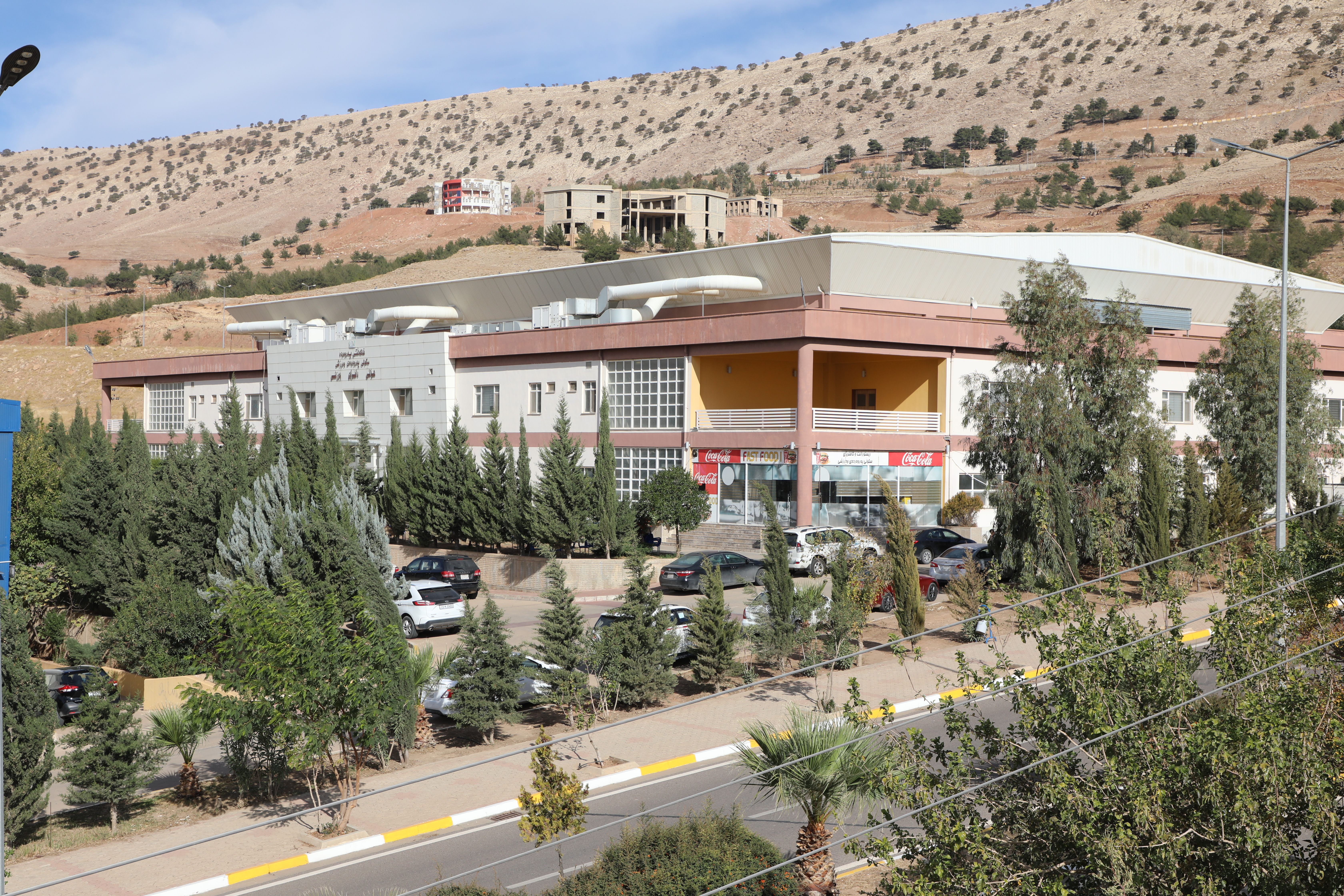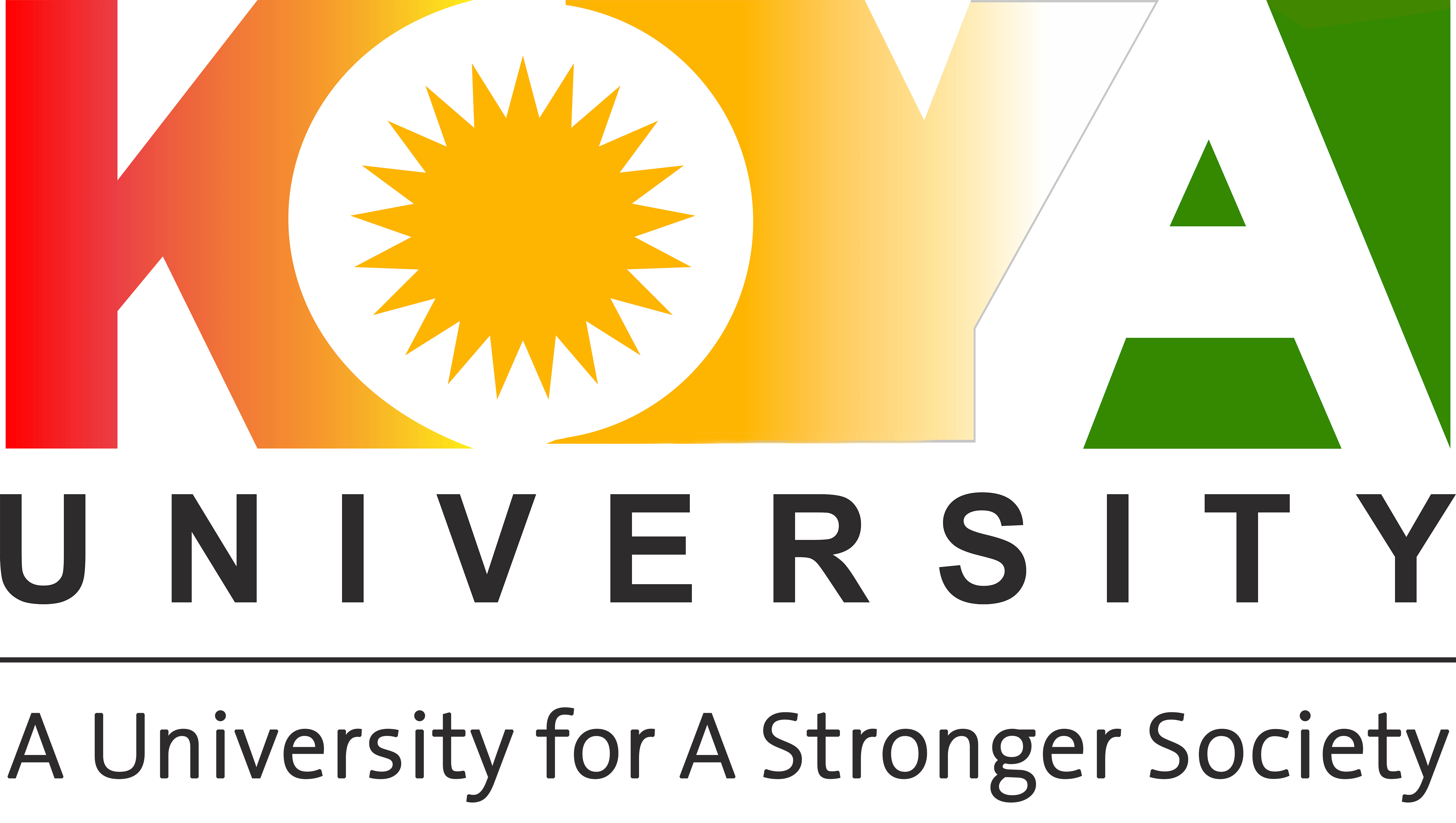For peaceful coexistence and Kurdish – Arabic dialogue, a scientific forum held between Koya University and The University of Baghdad in the presidency hall in Koya University (KOU) on 28-29 April 2019. In the presidency hall of KOU in the presence of the minister of higher education and scientific research and many guests the forum initiated.
First, Dr. Yusuf Goran the minister of higher education and scientific research delivered a speech. Click here for more.
Second, the article of University of Baghdad (UNB) was read. The following is the speech of the president of Koya University.
In the name of Allah the Merciful
My dear brothers and sisters
Dear guests
I do not want to mention the names on this blessed day, because all of you are dear to us and have the ability to differentiate between you and put a sneak to mention names. I am proud to welcome you all, and you have given us a great honour and ask the Almighty to give you health and wellness and you will be safe. We welcome you the most beautiful welcome in Koya City. The city of poets Haji Qadir and Dldar, the city of thinkers such as Massoud Mohammed and others, the city of the clergy such as Mullah Mohammed Jalizadeh and others, the city of prominent politicians that history reminded them with glory, the city of peaceful coexistence, the city of the leader Jalal Talabani.
Distinguished Brothers and Sisters.
This meeting is the first scientific and the cultural meeting, which is the first of the subsequent meetings between the universities of Baghdad and Koya with the help of God Almighty.
This scientific symposium held a great tribute to the spirit of the late Hadi Alawi and Faleh Abdul-Jabbar because they are one of the finest Iraqi Arab writers and intellectuals, and they have an honourable history on the subject of dialogue, rationality and peaceful coexistence. Moreover, because they are advocates of freedom and respect for opinion and the other opinion and unfortunately the lack of constructive dialogue to accept differences and the other opinion lived most of their lives in exile and outside Iraq.
Fahdi Al-Alawi: He is the writer and the great Arab thinker of Iraq. He was born in the year 1932, thirty-three (1933) in Karrada district in Baghdad, and unfortunately he died in exile in Damascus, Syria on 27/9/1998.
In his writings, he was interested in Arab history and heritage and looked at it critically. He was an admirer of Chinese civilization and had written about this civilization, and had many articles and opinions about Shiism in Arab countries and Iraq in particular. He graduated from the Faculty of Commerce and Economics, and as a private-type intellectual. He wrote books on the history of violence and extremism in Islam and wrote several articles on political terrorism in Islam or intellectual terrorism in the name of religion. He was one of the supporters of the rights of half the society, namely, the woman. Hadi Alawi fought as an intellectual for the freedom of opinion and demanded peaceful dialogue always and in his writings was with rationalism in dialogue and criticism, so Hadi is considered to be the most prominent intellectuals and thinkers in the world and his fame. Unfortunately, he died in exile and always dreamed of returning to his country of Mesopotamia.
Faleh Abdul-Jabbar: He is a sociologist who was born in Baghdad in 1946, and left Iraq in the year of nineteen seventy-eight (1978). Unfortunately, he also died in exile and died in Lebanon - Beirut on 26/2/2018 ).
He has written dozens of books, essays and meetings on political and social thought in the Middle East. He writes about intellectual conflicts between religion and the positive law and the requirements of civil society. He writes about rationalism and religion and believes in the existence of conflicts and intellectual disputes and considers them natural to do, however, against the use of force and violence to resolve these differences.
Audience Attendees
The Iraqi people, with their Arabs, Kurds and minorities have paid great dividends for the absence of democracy, constructive dialogue and mutual understanding. I expect that if we take the magnitude of the losses, destruction and bloodshed of the people in Iraq because of internal wars and problems be much larger compared with any country in the world and at least in the last hundred years.
When we visit the countries of Europe and America and even neighbouring countries, we see the number of refugees and fugitives from Iraq to those countries a very large number, and cannot be forgotten. If the citizens of some countries go abroad, it may be natural, for economic, natural or life reasons, but it is unreasonable for any Iraqi, Kurd, Arab or other minority, to leave the country of good, the country of oil to live in the west. Because of violence and lack of respect for opinions and extremism in various forms (ethnic, religious and sectarian), and the absence of democracy is another reason for that asylum, so we all work together and rational to solve the inherited and innovative problems
But the way to deal with these differences requires rationality, peaceful dialogue and non-violence to arrive at the optimal solution. These calamities and disasters that took place in this country as a result of extremism and domination, which depends on the principle of "I am right" and the opposite (false). Unfortunately, if this hard line ideology and the principle of "I am right" and "the other" (false) persist, this series of bloody and catastrophic conflicts will continue, so we must stand in line with each category or party or ideology that has the faith to dominate and wipe out the other.
I can say now that the Al-Qaeda organization has weakened and been militarily upheld, but the ideas of these two organizations and other doctrines are still there. If radicalism and extremism is not dead, then a spark, even if it is simple, can ignite the flame again and lead to very painful destruction and burns.
Dear Educators
No mercy on us if we do not pity ourselves, the neighbouring countries and the great economic powers look at Iraq from the interest and have agendas of their own, they do not help Iraq to the dark eyes of the Iraqis, whether Shiites, Sunnis or Kurds or more. Therefore, we Iraqis should work together today hand in hand, and we should not delay the work for tomorrow, because if we remain silent and blink our eyes for a particular group that may have special ambitions and supports external agendas, the output and the problems remain. Future generations grow. We as Iraqi academics and intellectuals We should approach politicians and politicians, but with a view to creating a channel of dialogue and quiet discussion based on principles and creating an appropriate platform for solving problems (according to the new Iraqi constitution).
Let us work for civil life so that each one of us is accountable to the law and has the rights and duties that demand rights and duties. Everyone must work for a federal and democratic Iraq that will prevail over social justice, rights and equality.
In addition, we confirm, with evidence to the political masters that the Iraqi people in all its spectrum has overshadowed the loss of violence and differences for a long time and Iraq is living in a spiral and without a way out.
Finally
I pay tribute to the lives of the martyrs of Iraq who have sacrificed and sincerity and struggle for freedom, human rights and equality. A tribute to the great politicians who managed to get out of narrow partisan ideas and strive to provide security and safety for all Iraqis without exception. A tribute to the intellectuals of the late intellectuals Hadi Alawi and Faleh Abdul-Jabbar.
I hope they have many followers in thought and culture.
Third, the coordinator of the forum read his article. Then a documentary film viewed about Hadi Alawi and Faleh Abdul-Jabbar.
Finally, in the two days of the forum, six panels of intellectuals, academics, political presented their papers, and they discussed them with the attendants.



